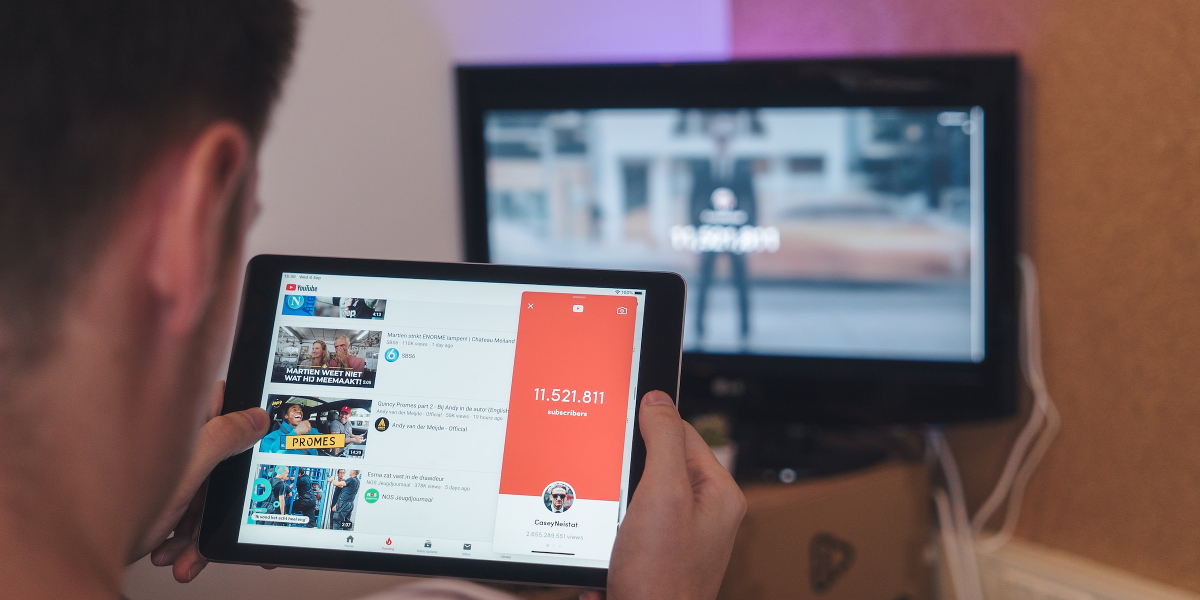 One of Google’s most impressive products has been Google Translate, which – particularly since it was integrated into Chrome – has knocked down the linguistic barriers when it comes to consuming text content online. Google has been doing the same with video for a while now with video, which overcomes not only the linguistic barriers but also opens up YouTube inventory to the deaf and hard of hearing.
One of Google’s most impressive products has been Google Translate, which – particularly since it was integrated into Chrome – has knocked down the linguistic barriers when it comes to consuming text content online. Google has been doing the same with video for a while now with video, which overcomes not only the linguistic barriers but also opens up YouTube inventory to the deaf and hard of hearing.
YouTube first introduced captioning in 2009, which automatically creates captions on YouTube videos in English, and since they added Japanese, Korean, and Spanish. Now six more languages—German, Italian, French, Portuguese, Russian, and Dutch— will have automatic caption support for YouTube videos in those languages. If you click the closed caption button on any of these videos to see how it works:
The YouTube ID of KAzhAXjUG28& is invalid.So how does this impact on advertising, beyond the obvious benefits to the user experience?
1. Firstly, YouTube suddenly access to huge amounts of inventory that it didn’t in the past. Remember not every country produces quality content in the native language, so being able to suddenly access pretty much all international content is a huge opportunity.
2. It’s yet another way for Google to build out their data sets. For example, watching a video in another language could add an additional layer of contextual data that might have a co-relation with data from other sources. For example, watching a video about the Louvre could be co-related with data that tells us the same user performed a search for hotels in Paris, making that person an ideal candidate for travel advertisers.
This is one area in which YouTube’s competitors need to catch up, although with broadcast quality content, there will have to be will have to be similarly innovative solutions to the currently restrictive international licensing laws.




